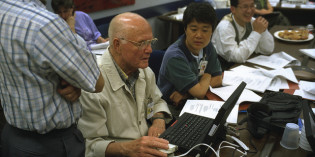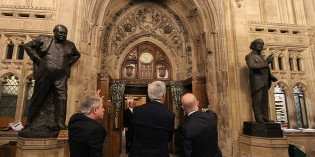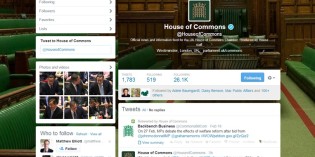Tag: Cristina Leston-Bandeira

Engaging the public with the scrutiny of legislation requires more than just asking for their views
Cristina Leston-Bandeira and Louise Thompson examine the impact of a stage of the legislative process piloted by the House of Commons in 2013, during which the public were invited to comment on a bill undergoing parliamentary scrutiny. They explain why, despite an impressive response, the Public Reading Stage failed to make much of an impact.

The Digital Democracy Commission report is about far more than just digital
The Speaker’s Commission on Digital Democracy recently reported, recommending amongst other things that online voting be introduced in time for the next General Election. One of the Commission’s members, Cristina Leston-Bandeira, highlights the key elements of the report, and expresses hope that real change could be afoot. After a year of extensive consultation across the […]

The best of Democratic Audit’s 2014 coverage of democracy’s technological advance
Is the future of democracy digital? In 2014, Democratic Audit UK carried numerous pieces of analysis, research, and argument concerning the interplay between technology, politics, parties, and representation, with the best appearing below in the latest of our 2014 round-ups. Similar PostsSocial media may have the potential to truly enhance our democracy, but there is […]




 Democratic Audit's core funding is provided by the Joseph Rowntree Charitable Trust. Additional funding is provided by the London School of Economics.
Democratic Audit's core funding is provided by the Joseph Rowntree Charitable Trust. Additional funding is provided by the London School of Economics.